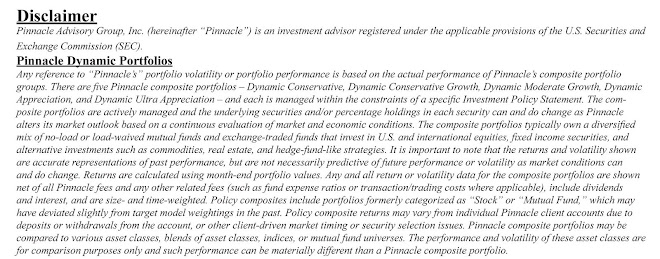I hate when I forget an anniversary or a birthday, which is why my wife, Linda, took over the job of remembering family dates for birthdays, anniversaries and the like twenty years ago. But I didn’t need any help remembering that this month is the Big One for investors and financial planners. March happens to be the ten-year anniversary of the current secular bear market which has defined the entire career of young planners and investment advisors and severely altered wealth creation plans for just about everyone else.
In March of 2000 the stock market had just finished one of the best five years of annualized performance in stock market history and investors were so enthusiastic that they were paying more than 50-times 10-year normalized earnings to own broad market indexes like the S&P 500. At the time, we left traditional measures of value based on earnings behind, instead measuring the future prospects of American companies by new metrics, like how many eyeballs might view a website. Everyone was getting rich investing in “dot-coms” and the technology sector had grown to be more than 40% of the total stock market by market capitalization. Value investors were in full retreat, or were going out of business, and if you didn’t own the top 50 companies in the S&P 500 you were guaranteed another losing year relative to the broad market. Wasn’t it grand!
Ten years later the stock market is trading 30% below March 2000 prices, and adjusted for dividends stocks have lost about 1.5% per year, before adjusting for inflation. Unfortunately there is no data that I’m aware of to suggest that the stock market will deliver historical average expected returns from current elevated valuation levels. If you don’t care to look at values, perhaps the “new normal” of bloated debt levels, higher consumer saving, more regulation, and higher taxes will convince you that future stock market returns are certainly not guaranteed from here. The only answer will be active management, however you define it. Those who can scrape a few extra percent of returns above what the market will offer will truly be delivering an important service to investors who need to earn risk premiums even though the broad market is not cooperating. Buying and holding from here is truly a high-risk strategy.

